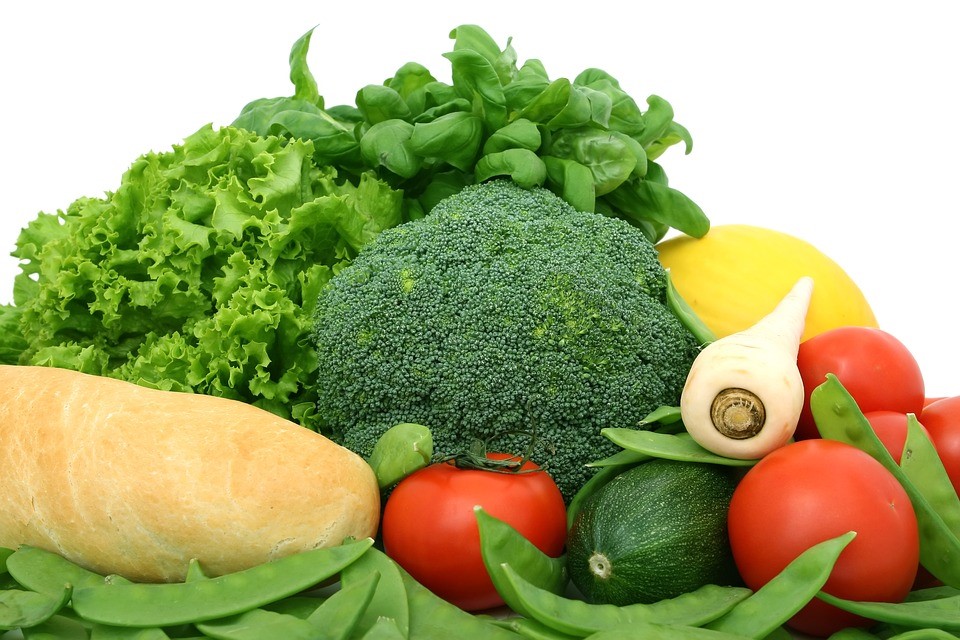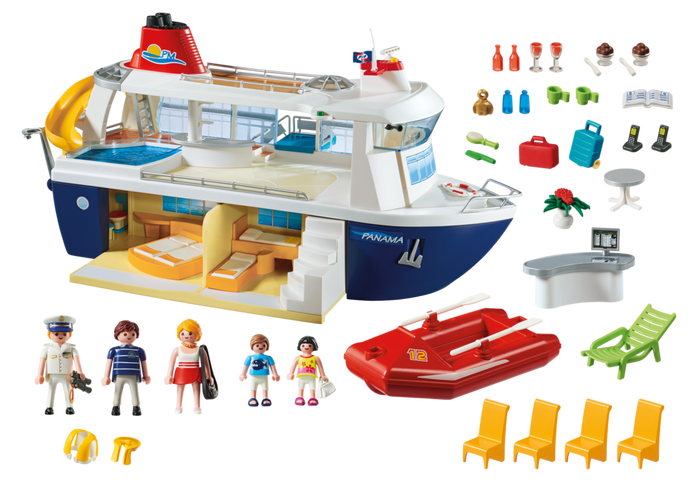Is Coffee a Good Source of Fiber?
In America alone, 96 percent of the population isn’t making enough space for fiber in their diets, according to Health Realizations. If you think you aren’t part of the ‘96 percent club’, then looking for signs of a fiber-deficient diet will help confirm this. Common signs that you need to include more fiber in your diet are constipation, weight gain and even fluctuations in your blood sugar levels in case you have diabetes.
If you experience these signs, the chances are that you need to revamp your diet to avoid any further complications. Luckily, taking a hot cup of coffee every morning can be a great way to increase your daily dietary fiber intake levels.
Here are a few details about fiber and how coffee is amazing for increasing its intake:
Soluble Vs. Insoluble Fiber
Fiber is mainly divided into two classes, which are soluble and insoluble fiber. Insoluble fiber adds bulk to your stool which helps digested food to move through the digestive tract with fewer issues. While taking an ample amount of insoluble fiber can result in reduced chances of constipation, too much of it will lead to bloating and general discomfort for people with gastrointestinal conditions such as IBS.
On the other hand, soluble fiber, which is absorbed in the body, helps to slow down the digestions of food to allow ample time for nutrient absorption. As food spends some extra time in the stomach, blood sugar can be released and absorbed slowly into your system. This results in the reduced chances of blood sugar spikes among people with diabetes.
Coffee Contains Soluble Fiber
Coffee has more to offer than just giving you some extra boost in your energy levels and increasing your concentration rates. It contains soluble fiber among other healthy nutrients. When coffee is brewed, some of the fiber gets transferred into the drink from the coffee beans. In fact, every 100 ml of Espresso contains around 0.47−0.75 g of fiber depending on the brand of coffee you get from your coffee supplier, according to Digital Exits.
When compared to the recommended daily intake of fiber, 38g for men and 25g for women, taking a few cups of coffee per day can be a great way to get close enough to achieving this intake level. What’s even better is that the coffee comes packed with nutrients such as potassium, manganese, niacin, sodium, and riboflavin to name a few.
This Means Coffee Is Great For Your Heart
Your lifestyle has a significant effect on what the future has in store for your heart health, and taking excessive junk food can be the detriment of your health. Other negative lifestyle issues include living a sedentary life and failing to exercise which could lead to the buildup of cholesterol levels in the heart. Luckily, the fact that coffee contains fiber makes it the perfect beverage for enhancing heart health.
Taking soluble fiber can easily lower your levels of LDL-cholesterol (bad cholesterol) which results in lower chances of heart disease. This is because the fiber binds the bad cholesterol and helps in eliminating it from the body without it being absorbed.
Coffee Isn’t Enough on Its Own
Although this article might have you think that taking a few cups of coffee per day will suffice to attain the recommended daily intake levels of fiber, it shouldn’t be your only source. Instead, it should be a complementary source that you can add to your diet. Furthermore, you need insoluble fiber equally as much as you need the soluble fiber contained in coffee.
Some of the richest fiber sources are fruits and vegetables, and including them in your diet will help to improve your daily intake levels. When combined with coffee, they not only offer you a diversity of nutrients but also take you a few steps forward to indulging in a balanced diet.
Conclusion
Your health is determined by what you eat. As long as you indulge in the recommended amounts of fiber, you can say goodbye to conditions such as constipation. Be sure not to overindulge in fiber to avoid experiencing any discomfort.






